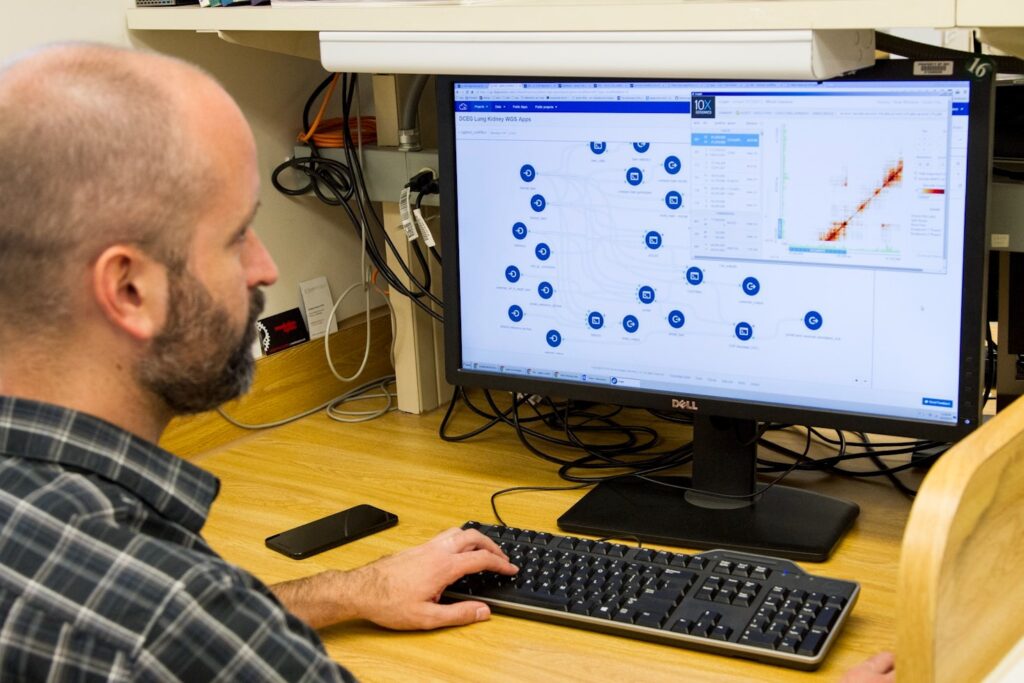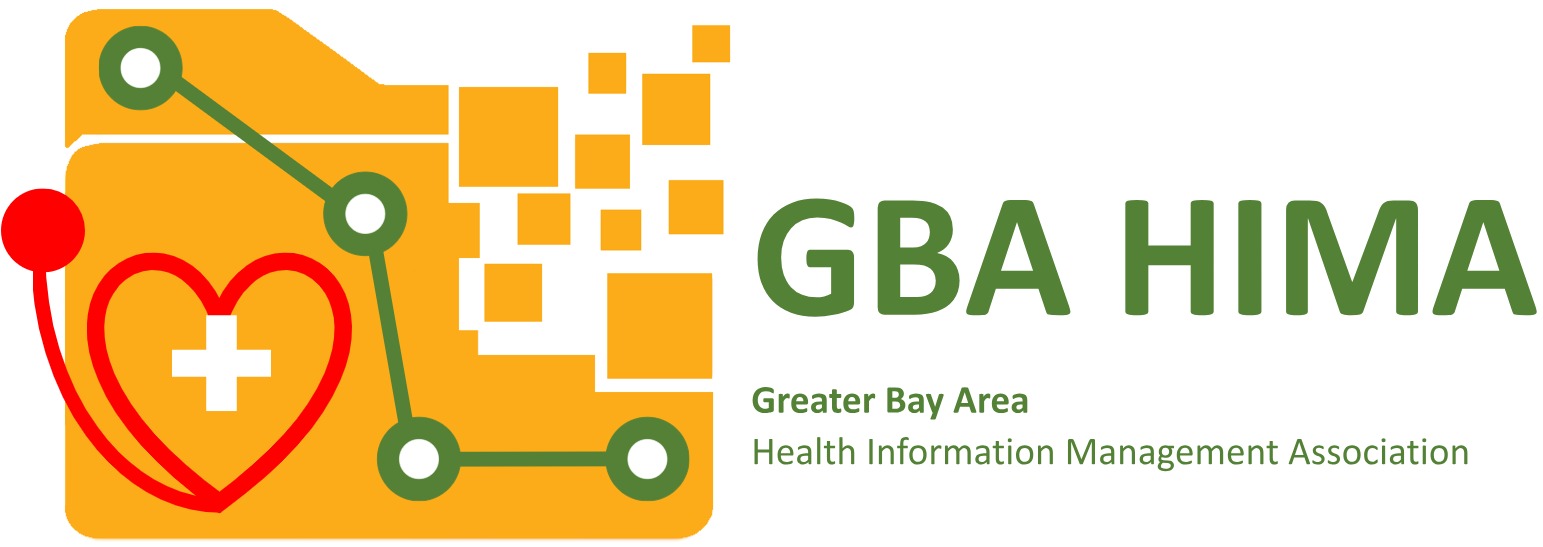Health Information Management (HIM) is critical for quality care, yet it faces significant challenges that can compromise data integrity and patient safety. A primary issue is interoperability. Diverse electronic health record (EHR) systems often cannot communicate seamlessly, creating data silos that fragment the patient record and hinder coordinated care.
Secondly, the relentless volume and complexity of digital health data pose immense storage, security, and analysis difficulties. Data quality is another persistent hurdle; inconsistencies, outdated information, or transcription errors entered at any point can lead to clinical mistakes and flawed decision-making.


Furthermore, HIM professionals must navigate a delicate balance between data accessibility and security. While clinicians need immediate access to information, protecting sensitive patient data from breaches is a legal and ethical imperative, governed by strict regulations like HIPAA. Finally, the human element remains a challenge, requiring continuous training for staff to handle systems correctly and avoid errors. Overcoming these interconnected obstacles—technological, operational, and human—is essential for building a reliable health information infrastructure that truly supports effective patient care.

